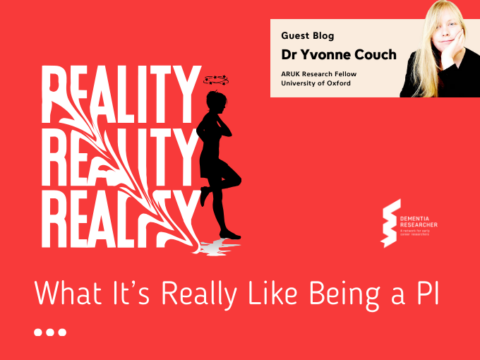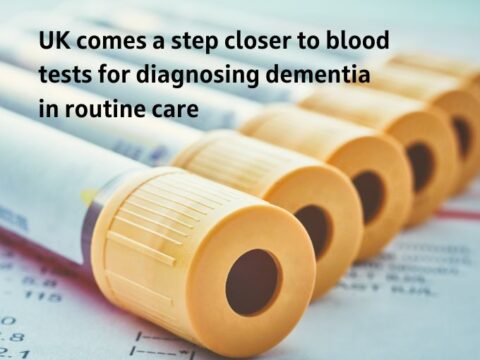For MRC grants that involve collaborations, almost half (43%) are international. They are running a symposium in Washington D.C to encourage more of this, by joining up UK early career researchers and National Institutes of Health (NIH) researchers working in neurodegeneration. But what’s the international incentive? Three researchers with MRC-NIH Partnership Awards share how they hope to benefit.

Dr Chi-Hun Kim, Dementias Platform UK, University of Oxford
The UK and US each have rich data sources for dementia research. But there aren’t any efficient UK-US data access channels which make it easier for researchers in the two countries to collaborate.
I plan to use the Dementias Platform UK (DPUK) Data Portal as a channel for more efficient and long-standing collaboration. The portal is a secure one-stop website where researchers can upload their data and analyse it for free. By using this robust MRC-funded facility, I’ll conduct a study using data from both sides of the Atlantic. I’m aiming to get a better picture of how conditions that block or reduce blood flow to the brain might affect the development of dementia.
DPUK and I have been helping South Korea make a similar facility to help with international collaboration. My experiences from the MRC-Korea collaboration will set me up well for this exciting new collaboration.

Dr Ivan Koychev, University of Oxford
The NIH has access to a fantastic resource of expertise and data that I hope to use to help identify dementia before any symptoms appear. Dementia can begin up to 25 years before the first symptoms show. I’m aiming to come up with therapies that may stop the disease before it causes any lasting damage.
But before we can develop therapies, we need to identify the people who are most likely to develop symptoms. Then we’ll be able to recruit the right participants into the right clinical trials, using DPUK’s Clinical Studies Register.
I’ll look at data from America’s longest-running scientific study of human ageing: the Baltimore Longitudinal Study of Aging (BLSA). It’s followed participants since 1958 and recently performed scans to spot the presence of dementia-related proteins. Another study, BIOCARD, collects a whole range of samples from patients, including spinal fluid. This gives us a rare opportunity to explore how dementia proteins change over time and what factors might affect this change. I’ll develop algorithms using the NIH cohorts, then check how well they work in DPUK cohort data.
Dr Rozanna Meijboom, UK Dementia Research Institute, University of Edinburgh
I’d like to gain experience and build collaborations with a prestigious NIH lab. I hope my visit will enhance our research in Edinburgh, encourage other researchers to collaborate with the group and bring wider benefits to the UK Dementia Research Institute.
My research focuses on brain changes in dementia, multiple sclerosis and ageing, using a variety of brain imaging techniques. Professor Reich’s group have very similar interests to ours – they also focus on brain imaging in multiple sclerosis. They’ve developed new methods, complementary to ours, for assessing brain abnormalities on magnetic resonance imaging scans.
I’m particularly interested to learn about techniques that allow for assessing damage in the white matter of the brain – this part of the brain contains the nerve fibres connecting the brain nerve cells. I’m keen to apply these techniques in different brain diseases, such as dementia.
Learn more about the UK dementia research landscape.
Hear about the aims of the UK Dementia Research Institute from its Director Professor Bart de Strooper.
To see the original positing of this blog visit: https://www.insight.mrc.ac.uk/2018/03/22/us-uk-dementia-research-collaboration/

 Print This Post
Print This Post




